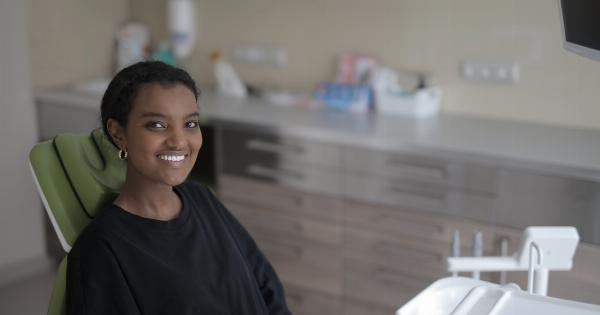Warts are small growths that appear on the skin. They are caused by the human papillomavirus (HPV), which infects the top layer of the skin. Warts can develop on any part of the body but are commonly found on the hands, feet, and face.
Types of warts
There are several different types of warts, including:.
- Common warts: These are rough, raised growths that often appear on the hands, fingers, and knees.
- Plantar warts: These warts develop on the soles of the feet. They can be painful and have a hard, thickened skin surface.
- Flat warts: These warts are small and smooth. They often appear in clusters on the face, neck, or hands.
- Genital warts: These warts are sexually transmitted and appear on the genital and anal areas. They can be flat or cauliflower-shaped.
How do you get warts?
Warts are highly contagious and can be easily spread from person to person. The HPV virus can enter the body through small cuts or breaks in the skin.
Some common ways to get warts include:.
- Direct contact with an infected person’s warts
- Touching surfaces or objects that have been touched by someone with warts
- Walking barefoot in public places like locker rooms and swimming pools
- Using towels or other personal items of an infected person
Wart remover options
There are various options available for wart removal. The choice of treatment depends on the type of wart and its location. Here are some common wart remover options:.
Over-the-counter (OTC) wart removers
OTC wart removers usually contain salicylic acid. They come in the form of liquids, gels, or adhesive pads. These products work by gradually dissolving the wart’s tissue. It may take several weeks to achieve noticeable results.
Cryotherapy
Cryotherapy involves freezing the wart with liquid nitrogen. This treatment is usually performed by a dermatologist. The freezing causes the wart to die and eventually fall off. Multiple cryotherapy sessions may be required for complete removal.
Electrosurgery
Electrosurgery is a procedure where an electric current is used to burn off the wart. It is typically done under local anesthesia and may leave a small scar.
Chemical peels
Chemical peels use chemicals like trichloroacetic acid (TCA) to burn off the wart. This treatment is performed by a healthcare professional and may require several sessions for complete removal.
Laser treatment
Laser treatment involves using a laser to burn off the wart. This is a precise method and usually requires local anesthesia. However, it can be expensive and may leave a scar.
Home remedies and natural treatments
There are several home remedies and natural treatments that people try for wart removal. These include applying duct tape, using apple cider vinegar, or using essential oils.
While these methods may work for some individuals, there is limited scientific evidence to support their effectiveness.
When to seek medical advice
While many warts can be treated at home, it is important to seek medical advice in certain situations:.
- If the wart is on your face or genitals
- If the wart is painful, bleeding, or causing discomfort
- If the wart does not respond to home remedies or OTC treatments
- If you have a weakened immune system
- If you are unsure whether the growth is a wart
A healthcare professional can provide proper diagnosis and recommend the most appropriate treatment for your specific situation.
Preventing warts
While it is not always possible to prevent warts, there are some measures you can take to reduce your risk of getting them:.
- Wash your hands regularly
- Avoid touching warts on yourself or others
- Keep your skin clean and dry
- Avoid sharing towels, shoes, or other personal items
- Wear sandals or flip-flops in public locker rooms and swimming pool areas
- Avoid biting your fingernails or picking at hangnails
Conclusion
Warts are common skin growths caused by the human papillomavirus (HPV). They can be easily transmitted from person to person and appear on various parts of the body.
There are several wart remover options available, including OTC products, cryotherapy, electrosurgery, chemical peels, and laser treatment. It is important to seek medical advice if the warts are on sensitive areas, causing pain or discomfort, or not responding to home remedies. Taking preventive measures can help reduce the risk of getting warts.





























